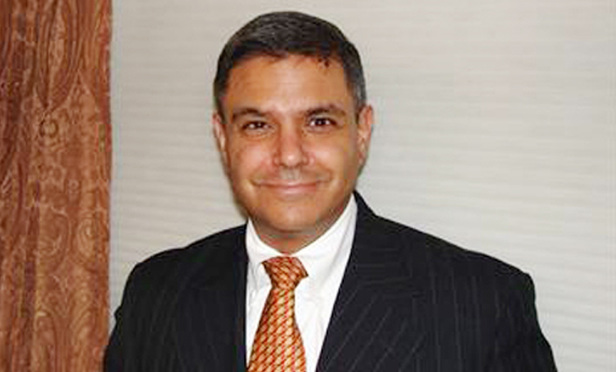An important issue that arises in Chapter 7 bankruptcy cases is who is the owner of a legal claim, specifically whether a legal claim is property of the estate or belongs to the debtor. If a legal claim is property of the estate, then the legal claim is administered by the bankruptcy trustee and the proceeds are distributed according to the priorities established by the Bankruptcy Code. Under this scenario the creditors are paid first, and any remaining funds will be distributed to the debtor. On the other hand, if the legal claim is not property of the estate, then the legal claim belongs solely to the debtor and the creditors receive nothing. This is especially true if a debtor receives a Chapter 7 discharge in which all of his or her pre-petition claims are discharged.
The issue of the ownership of a legal claim can become the most important legal issue in a Chapter 7 case. The issue of standing has to be resolved so that the claim can be prosecuted. The case law is muddled because the courts have taken various approaches. As discussed here, the U.S. Supreme Court, in Butner v. U.S., 440 U.S. 48 (1979), held that unless expressly displaced by bankruptcy law property interests in bankruptcy cases are determined by non-bankruptcy law, usually state law.
Property of the Estate
This content has been archived. It is available through our partners, LexisNexis® and Bloomberg Law.
To view this content, please continue to their sites.
Not a Lexis Subscriber?
Subscribe Now
Not a Bloomberg Law Subscriber?
Subscribe Now
LexisNexis® and Bloomberg Law are third party online distributors of the broad collection of current and archived versions of ALM's legal news publications. LexisNexis® and Bloomberg Law customers are able to access and use ALM's content, including content from the National Law Journal, The American Lawyer, Legaltech News, The New York Law Journal, and Corporate Counsel, as well as other sources of legal information.
For questions call 1-877-256-2472 or contact us at [email protected]



